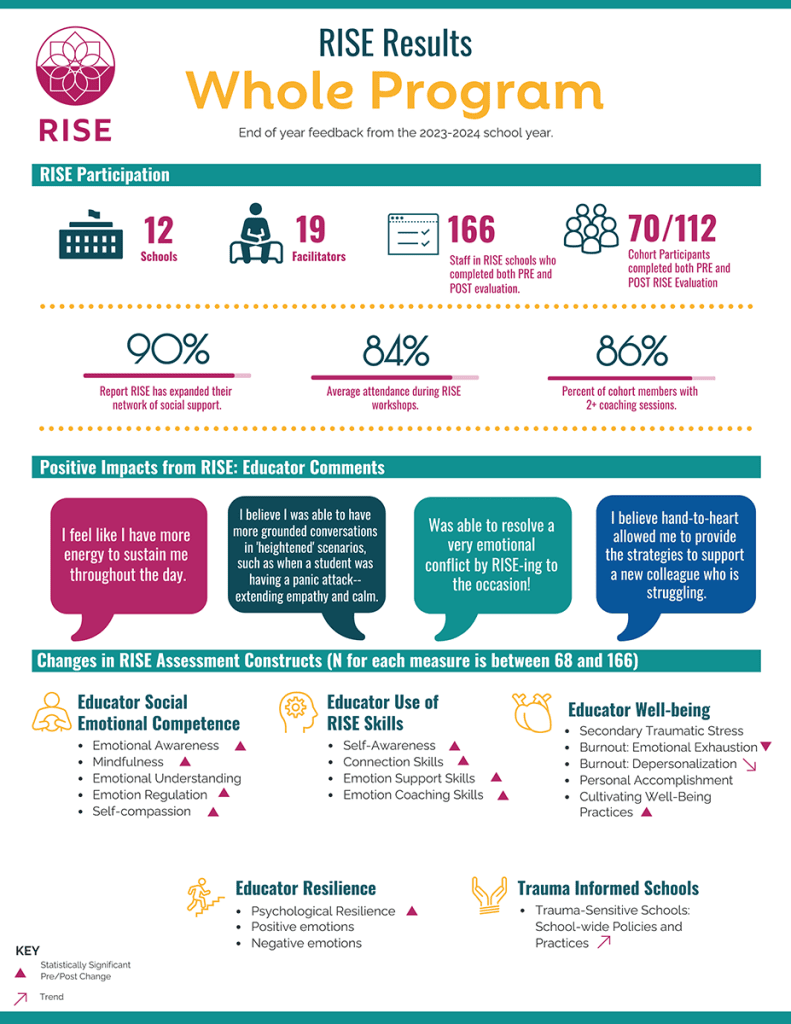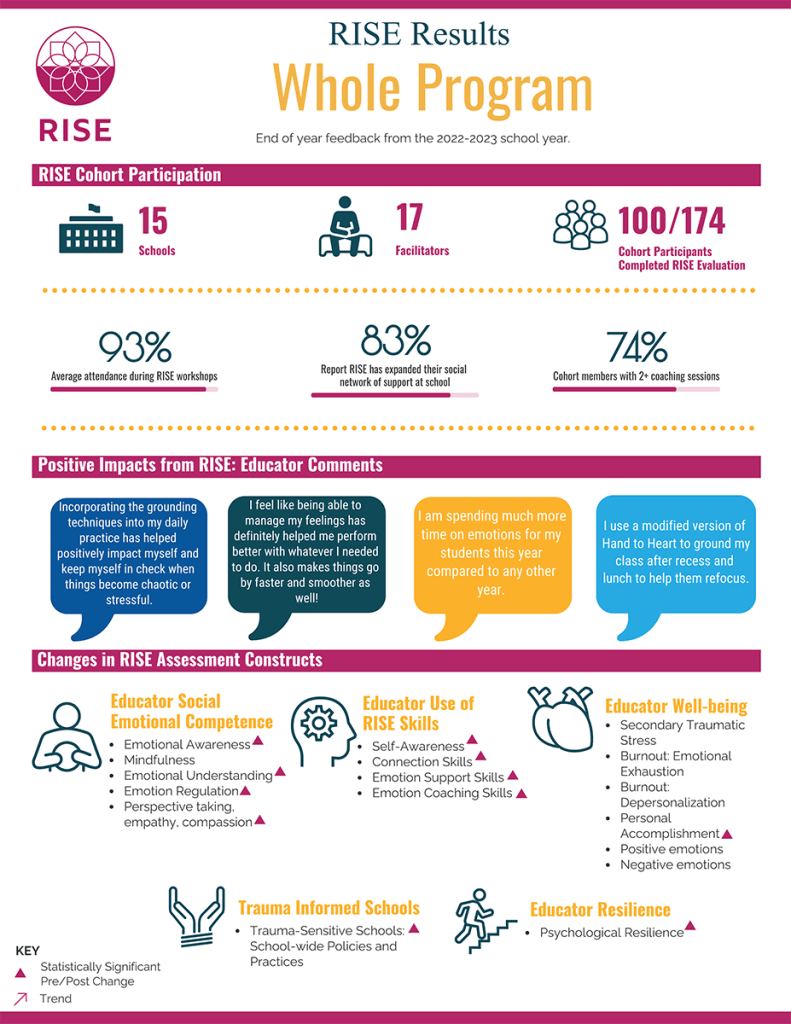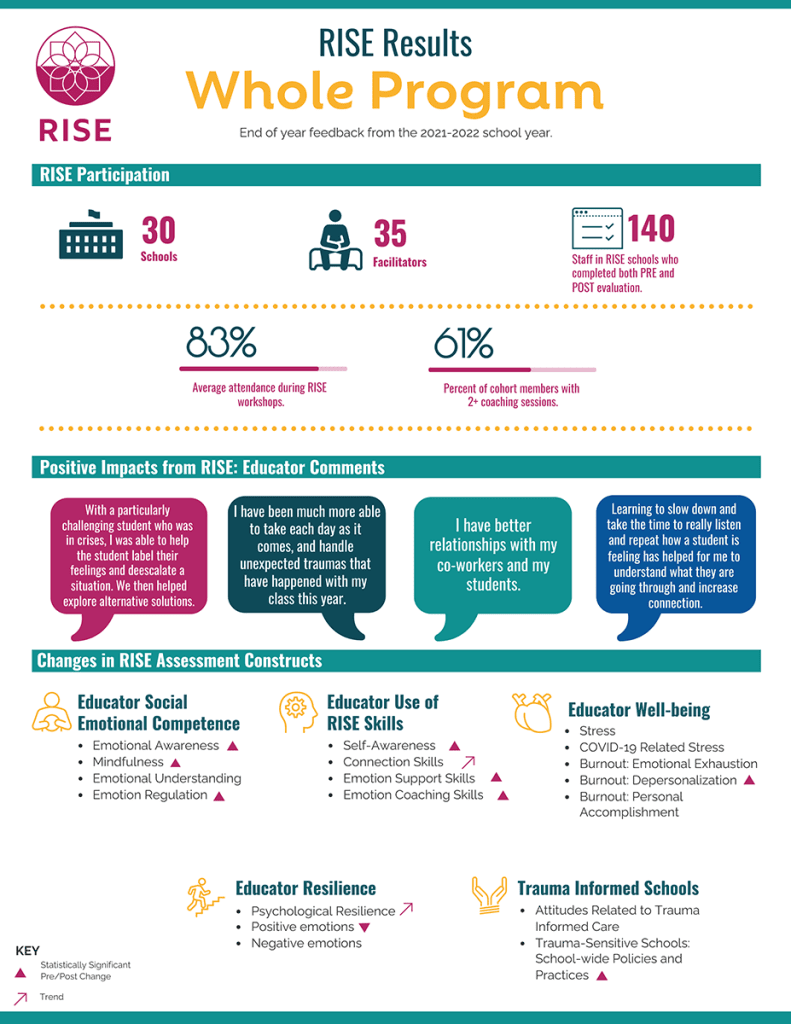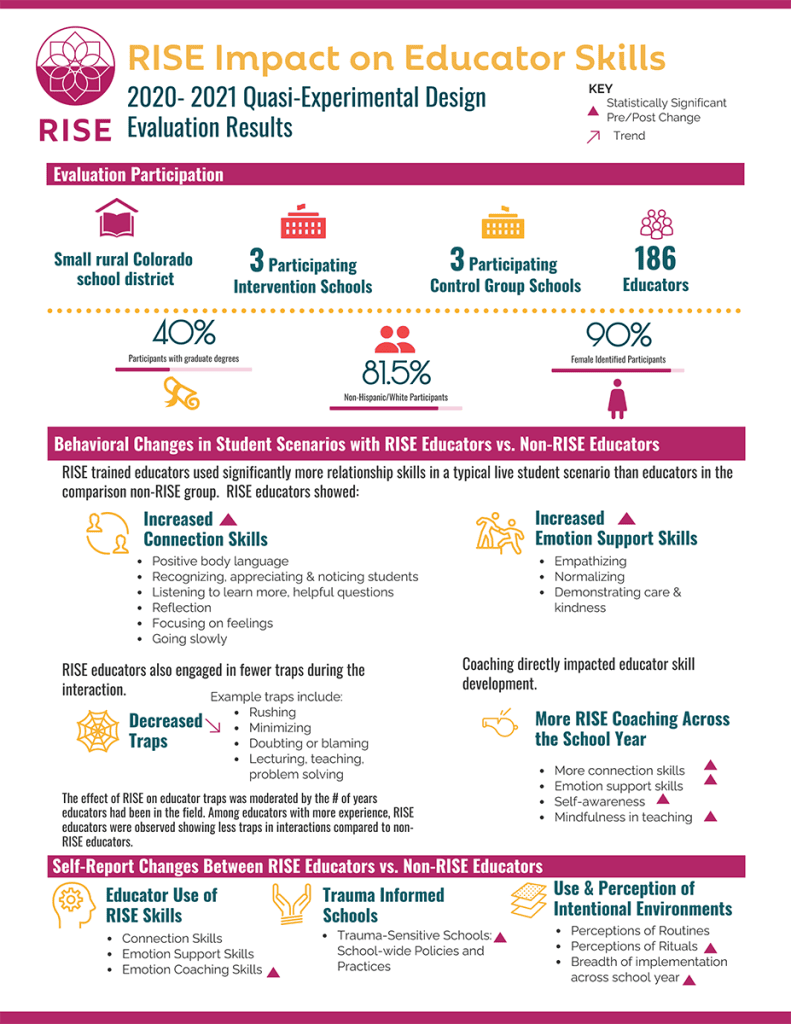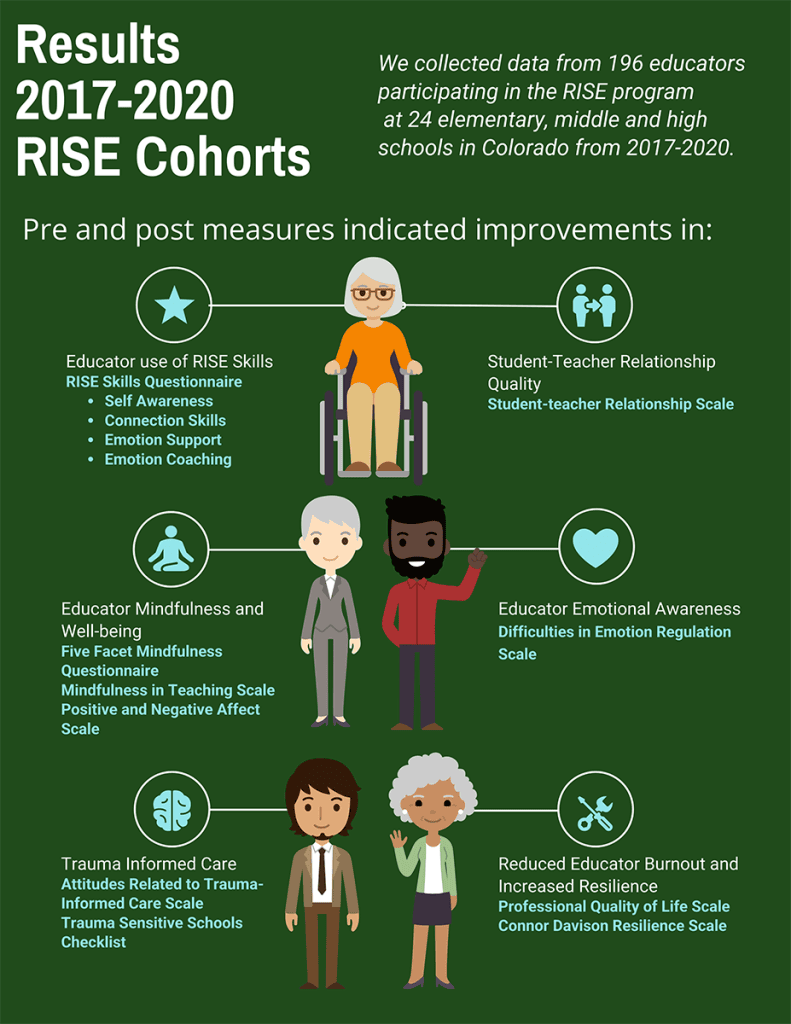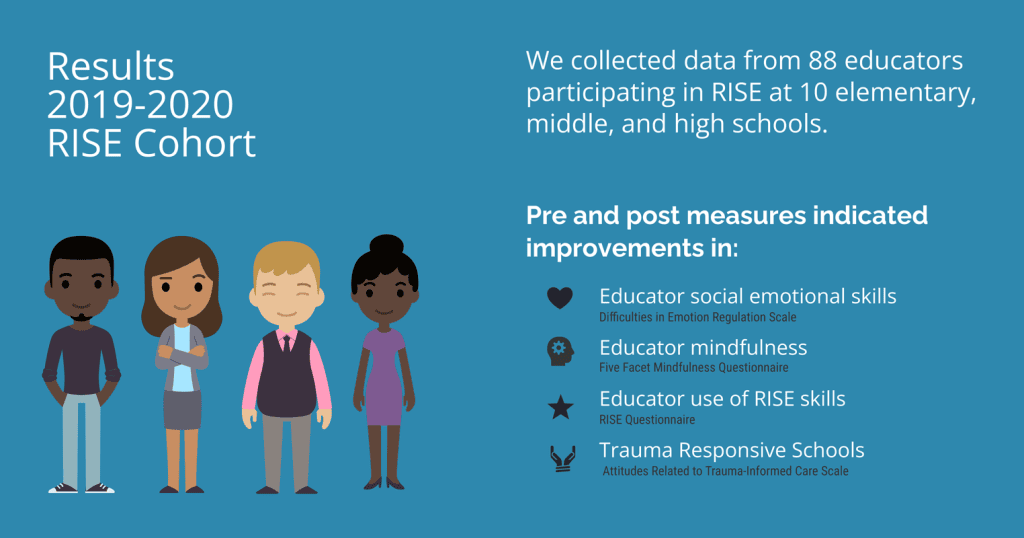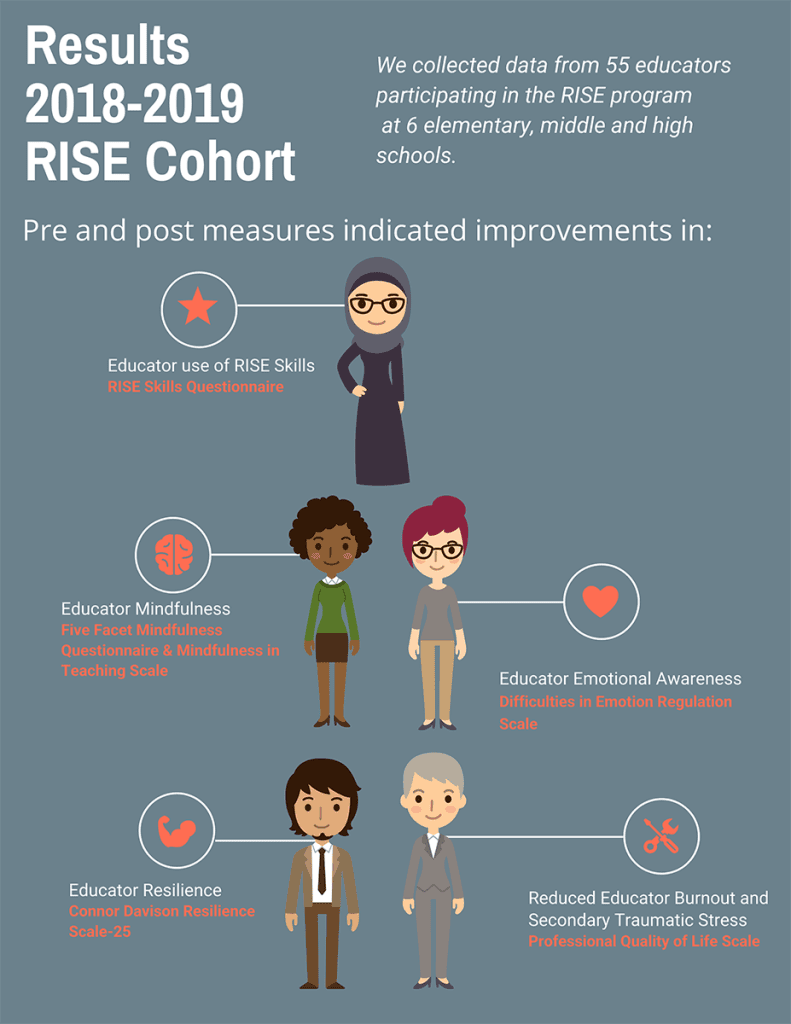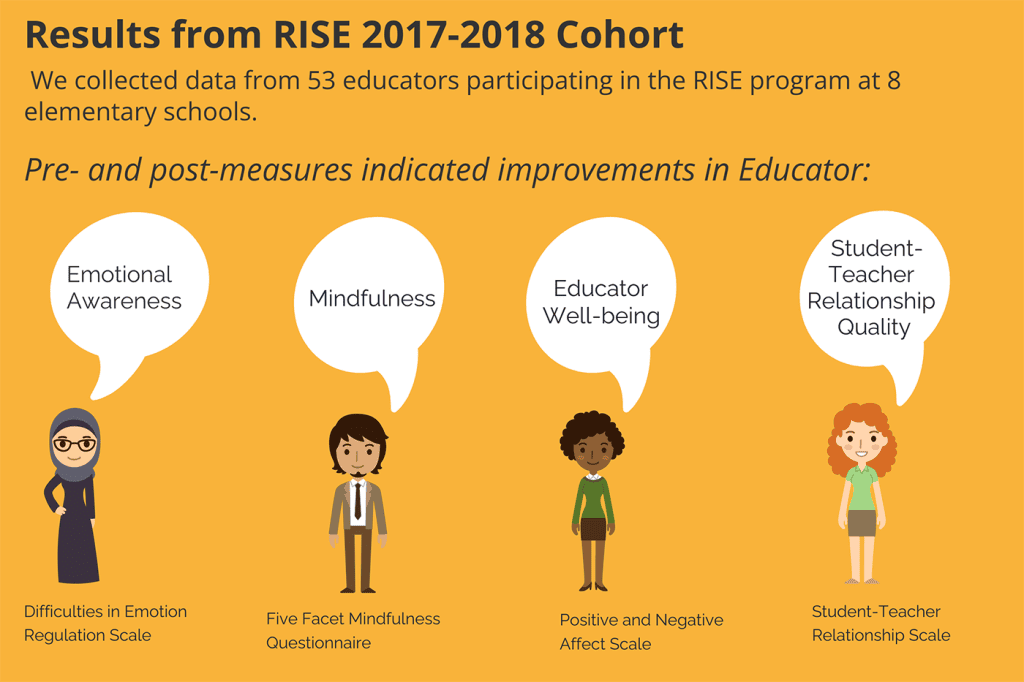RISE Evaluation Results by Cohort
The RISE Whole Program Results offer a comprehensive look at the impact of RISE programming across multiple school years. This data captures end-of-year feedback from participating schools, facilitators, and educators, highlighting trends in participation, engagement, and meaningful shifts in educator well-being, social-emotional competence, and use of trauma-informed practices.
Building-based RISE facilitators come from many different backgrounds, including teachers, administrators, school counselors, mental health advocates, coaches and more! We train one or two cohorts each year and then stay connected with our facilitators for years to come.
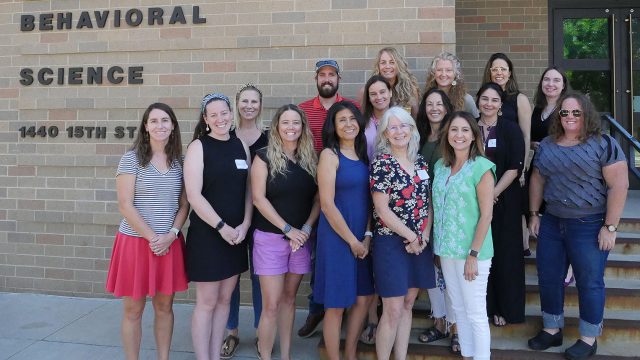
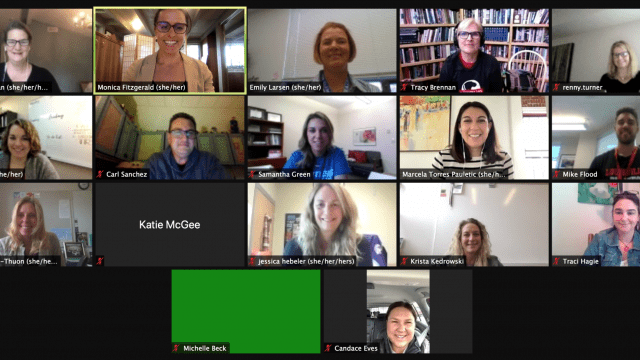
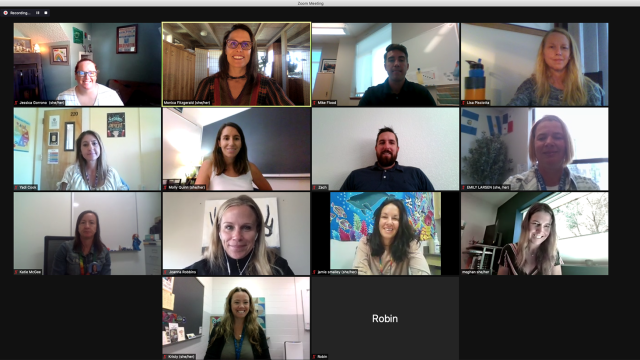
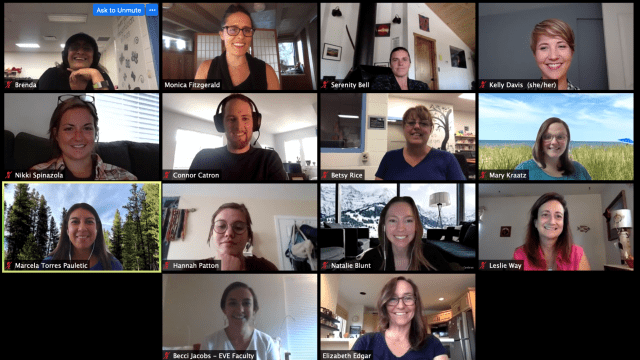
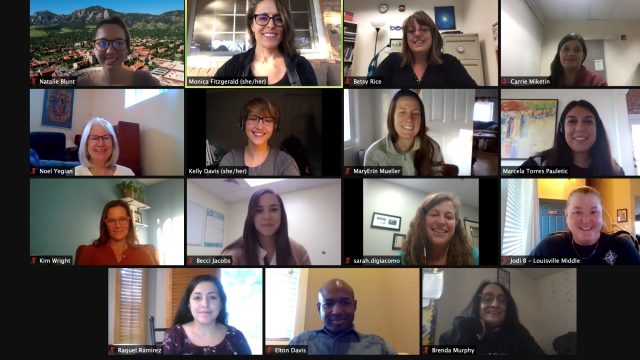
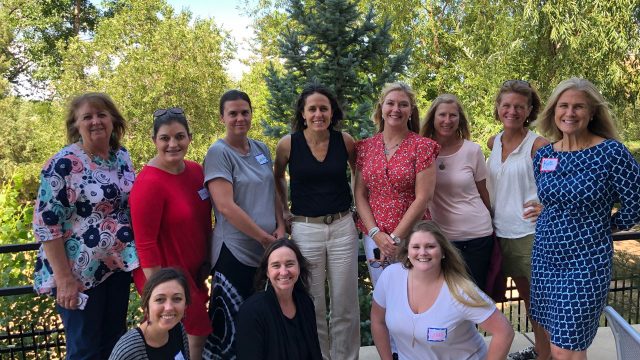
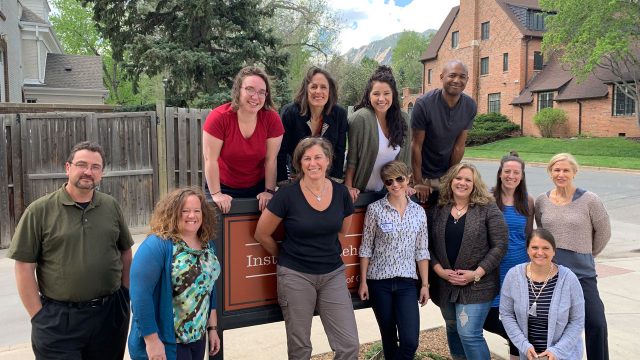
RISE Impacts
We have measured the impact of RISE on hundreds of educators across Colorado since 2017. While there are differences at each building, and from year-to-year, there are consistencies too:
Social Emotional Skills
RISE workshops, participants report higher levels of social emotional skills, including increased emotional awareness, increased emotion regulation, and increased self-compassion.
Use of RISE skills
We see significant increases in educator use of RISE skills, such as self-awareness, connection skills, emotion support skills and emotion coaching skills.
Burnout
Educators regularly report improvements in their experience of burnout, as well as increased levels of psychological resilience.
Trauma-Informed School Practices
Measures of trauma-informed school practices increase from levels assessed before RISE implementation.
Network of Social Support
Educators consistently report that participating in RISE has expanded their network of social support at work.
Social Emotional Skills
RISE workshops, participants report higher levels of social emotional skills, including increased emotional awareness, increased emotion regulation, and increased self-compassion.
RISE Results by Year
Each year’s report includes both quantitative measures and personal reflections that illustrate how RISE supports educators in building resilience, fostering connection, and enhancing their ability to respond to challenges with compassion and calm.
2023-2024 RISE Results
RISE Results Whole Program – End of year feedback from the 2023-2024 school year
RISE Participation
- 12 Schools
- 19 Facilitators
- 166 Staff in RISE schools who completed both PRE and POST evaluation.
- 70/112 Cohort Participants completed both PRE and POST RISE Evaluation
- 90% Report RISE has expanded their network of social support.
- 86% Percent of cohort members with 2+ coaching sessions.
- 84% Average attendance during RISE workshops.
Positive Impacts from RISE: Educator Comments
- I feel like I have more energy to sustain me throughout the day.
- I believe I was able to have more grounded conversations in ‘heightened’ scenarios, such as when a student was having a panic attack–extending empathy and calm.
- Was able to resolve a very emotional conflict by RISE-ing to the occasion!
- I believe hand-to-heart allowed me to provide the strategies to support a new colleague who is struggling.
Changes in RISE Assessment Constructs (N for each measure is between 68 and 166)
Educator Social Emotional Competence
- Emotional Awareness (^)
- Mindfulness (^)
- Emotional Understanding
- Emotion Regulation (^)
- Self-compassion (^)
Educator Use of RISE Skills
- Self-Awareness (^)
- Connection Skills (^)
- Emotion Support Skills (^)
- Emotion Coaching Skills (^)
Educator Well-being
- Secondary Traumatic Stress
- Burnout: Emotional Exhaustion (^)
- Burnout: Depersonalization (/)
- Personal Accomplishment
- Cultivating Well-Being Practices (^)
Educator Resilience
- Psychological Resilience (^)
- Positive emotions
- Negative emotions
Trauma Informed Schools
- Trauma-Sensitive Schools: School-wide Policies and Practices (/)
KEY
- (^) Statistically Significant Pre/Post Change
- (/) Trend
2022-2023 Whole Program RISE Results
RISE Results Whole Program – End of year feedback from the 2022-2023 school year
RISE Cohort Participation
- 15 Schools
- 17 Facilitators
- 100/174 Cohort Participants Completed RISE Evaluation
- 93% Average attendance during RISE workshops
- 83% Report RISE has expanded their social network of support at school
- 74% Cohort members with 2+ coaching sessions
Positive Impacts from RISE: Educator Comments
- Incorporating the grounding techniques into my daily practice has helped positively impact myself and keep myself in check when things become chaotic or stressful.
- I feel like being able to manage my feelings has definitely helped me perform better with whatever I needed to do. It also makes things go by faster and smoother as well!
- I am spending much more time on emotions for my students this year compared to any other year.
- I use a modified version of Hand to Heart to ground my class after recess and lunch to help them refocus.
Changes in RISE Assessment Constructs
Educator Social Emotional Competence
- Emotional Awareness (^)
- Mindfulness
- Emotional Understanding (^)
- Emotion Regulation (^)
- Perspective taking, empathy, compassion (^)
Educator Use of RISE Skills
- Self-Awareness (^)
- Connection Skills (^)
- Emotion Support Skills (^)
- Emotion Coaching Skills (^)
Educator Well-being
- Secondary Traumatic Stress
- Burnout: Emotional
Exhaustion - Burnout:
Depersonalization - Personal
Accomplishment - Positive emotions
- Negative emotions
Trauma Informed Schools
- Trauma-Sensitive Schools:
School-wide Policies and Practices
Educator Resilience
- Psychological Resilience
KEY
- (^) Statistically Significant Pre/Post Change
2021-2022 RISE Results
RISE Results Whole Program – End of year feedback from the 2021-2022 school year.
RISE Participation
- 30 Schools
- 35 Facilitators
- 140 Staff in RISE schools who completed both PRE and POST evaluation.
- 83% Average attendance during RISE workshops.
- 61% Percent of cohort members with 2+ coaching sessions.
Positive Impacts from RISE: Educator Comments
- With a particularly challenging student who was in crises, I was able to help the student label their feelings and deescalate a situation. We then helped explore alternative solutions.
- I have been much more able to take each day as it comes, and handle unexpected traumas that have happened with my class this year.
- I have better relationships with my co-workers and my students.
- Learning to slow down and take the time to really listen and repeat how a student is feeling has helped for me to understand what they are going through and increase connection.
Changes in RISE Assessment Constructs
Educator Social Emotional Competence
- Emotional Awareness (^)
- Mindfulness(^)
- Emotional Understanding
- Emotion Regulation (^)
Educator Use of RISE Skills
- Self-Awareness (^)
- Connection Skills (/)
- Emotion Support Skills (^)
- Emotion Coaching Skills (^)
Educator Well-being
- Stress
- COVID-19 Related Stress
- Burnout: Emotional Exhaustion
- Burnout: Depersonalization (^)
- Burnout: Personal Accomplishment
Educator Resilience
- Psychological Resilience (/)
- Positive emotions (^)
- Negative emotions
Trauma Informed Schools
- Attitudes Related to Trauma
Informed Care - Trauma-Sensitive Schools:
School-wide Policies and
Practices (^)
KEY
- (^) Statistically Significant Pre/Post Change
- (/) Trend
2020-2021 RISE Results (Quasi-Experimental Design)
RISE Impact on Educator Skills – 2020- 2021 Quasi-Experimental Design Evaluation Results
Evaluation Participation
- Small rural Colorado school district
- 3 Participating Intervention Schools
- 3 Participating Control Group Schools
- 186 Educators
- 40% Participants with graduate degrees
- 81.5% Non-Hispanic/White Participants
- 90% Female Identified Participants
Behavioral Changes in Student Scenarios with RISE Educators vs. Non-RISE Educators
RISE trained educators used significantly more relationship skills in a typical live student scenario than educators in the comparison non-RISE group. RISE educators showed:
Increased Connection Skills (^)
- Positive body language
- Recognizing, appreciating & noticing students
- Listening to learn more, helpful questions
- Reflection
- Focusing on feelings
- Going slowly
Increased Emotion Support Skills
- Empathizing
- Normalizing
- Demonstrating care & kindness
Decreased Traps (/)
RISE educators also engaged in fewer traps during the interaction.
Example traps include:
- Rushing
- Minimizing
- Doubting or blaming
- Lecturing, teaching, problem solving
The effect of RISE on educator traps was moderated by the # of years educators had been in the field. Among educators with more experience, RISE educators were observed showing less traps in interactions compared to non-RISE educators.
More RISE Coaching Across the School Year
Coaching directly impacted educator skill development.
- More connection skills (^)
- Emotion support skills (^)
- Self-awareness (^)
- Mindfulness in teaching (^)
Self-Report Changes Between RISE Educators vs. Non-RISE Educators
Educator Use of RISE Skills
- Connection Skills
- Emotion Support Skills
- Emotion Coaching Skills (^)
Trauma Informed Schools
- Trauma-Sensitive Schools: School-wide Policies and Practices
Use & Perception of Intentional Environments
- Perceptions of Routines
- Perceptions of Rituals (^)
- Breadth of implementation across school year (^)
2017-2020 Combined RISE Results
Results 2017-2020 RISE Cohorts
We collected data from 196 educators participating in the RISE program at 24 elementary, middle and high schools in Colorado from 2017-2020.
Pre and post measures indicated improvements in:
- Educator use of RISE Skills – RISE Skills Questionnaire
- Self Awareness
- Connection Skills
- Emotion Support
- Emotion Coaching
- Student-Teacher Relationship Quality – Student-teacher Relationship Scale
- Educator Mindfulness and Well-being –
- Five Facet Mindfulness Questionnaire
- Mindfulness in Teaching Scale
- Positive and Negative Affect Scale
- Educator Emotional Awareness – Difficulties in Emotion Regulation Scale
- Trauma Informed Care –
- Attitudes Related to Trauma-Informed Care Scale
- Trauma Sensitive Schools Checklist
- Reduced Educator Burnout and Increased Resilience –
- Professional Quality of Life Scale
- Connor Davison Resilience Scale
2019-2020 RISE Results
Results 2019-2020 RISE Cohort
We collected data from 88 educators participating in RISE at 10 elementary, middle, and high schools.
Pre and post measures indicated improvements in:
- Educator social emotional skills – Difficulties in Emotion Regulation Scale
- Educator mindfulness – Five Facet Mindfulness Questionnaire
- Educator use of RISE skills – RISE Questionnaire
- Trauma Responsive Schools – Attitudes Related to Trauma-Informed Care Scale
2018-2019 RISE Results
Results 2018-2019 RISE Cohort
We collected data from 55 educators participating in the RISE program at 6 elementary, middle and high schools.
Pre and post measures indicated improvements in:
Educator use of RISE Skills
- RISE Skills Questionnaire
Educator Mindfulness
- Five Facet Mindfulness
- Questionnaire & Mindfulness in Teaching Scale
Educator Emotional Awareness
- Difficulties in Emotion Regulation Scale
Educator Resilience
- Connor Davison Resilience Scale-25
Reduced Educator Burnout and Secondary Traumatic Stress
- Professional Quality of Life Scale
2017-2018 RISE Results
RISE 2017-2018 Cohort
We collected data from 53 educators participating in the RISE program at 8 elementary schools.
Pre- and post-measures indicated improvements in Educator:
- Emotional Awareness – Difficulties in Emotion Regulation Scale
- Mindfulness – Five Facet Mindfulness Questionnaire
- Educator Well-being – Positive and Negative Affect Scale Results from
- Student – Teacher Relationship Quality – Student-Teacher Relationship Scale



